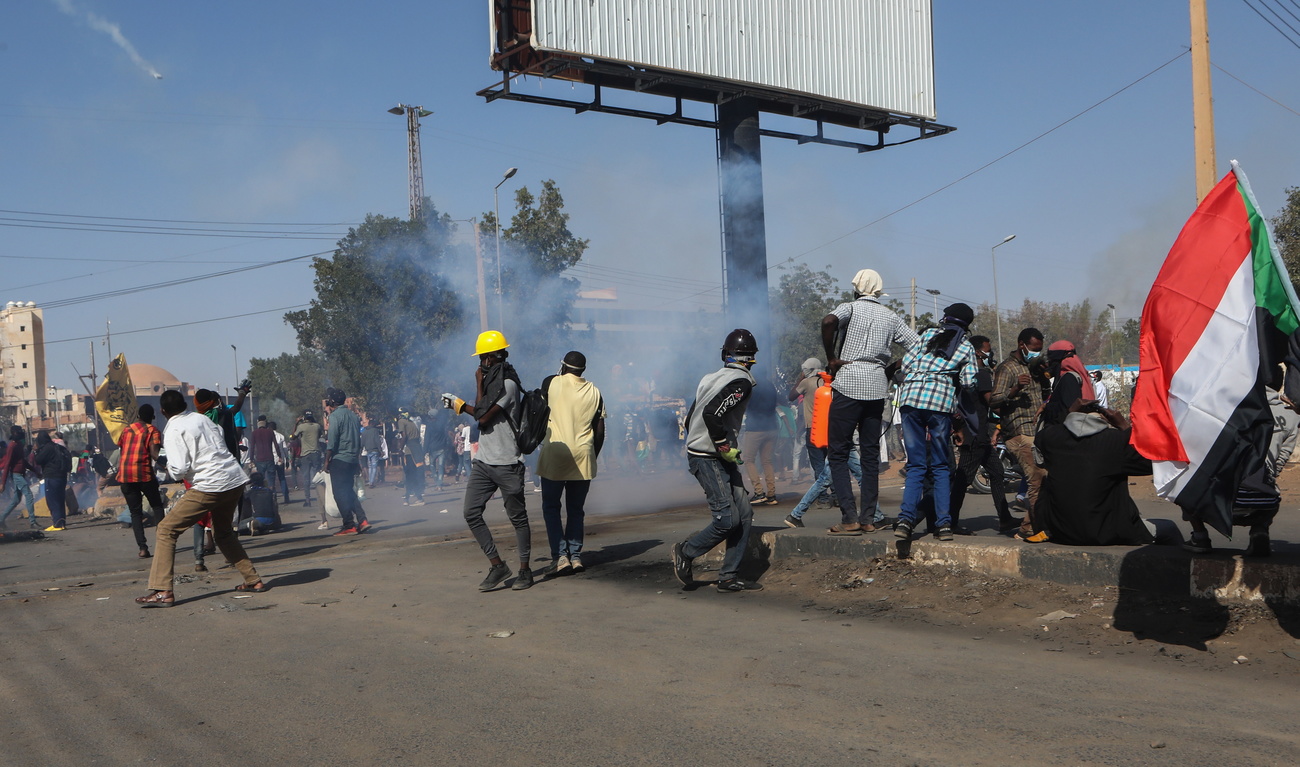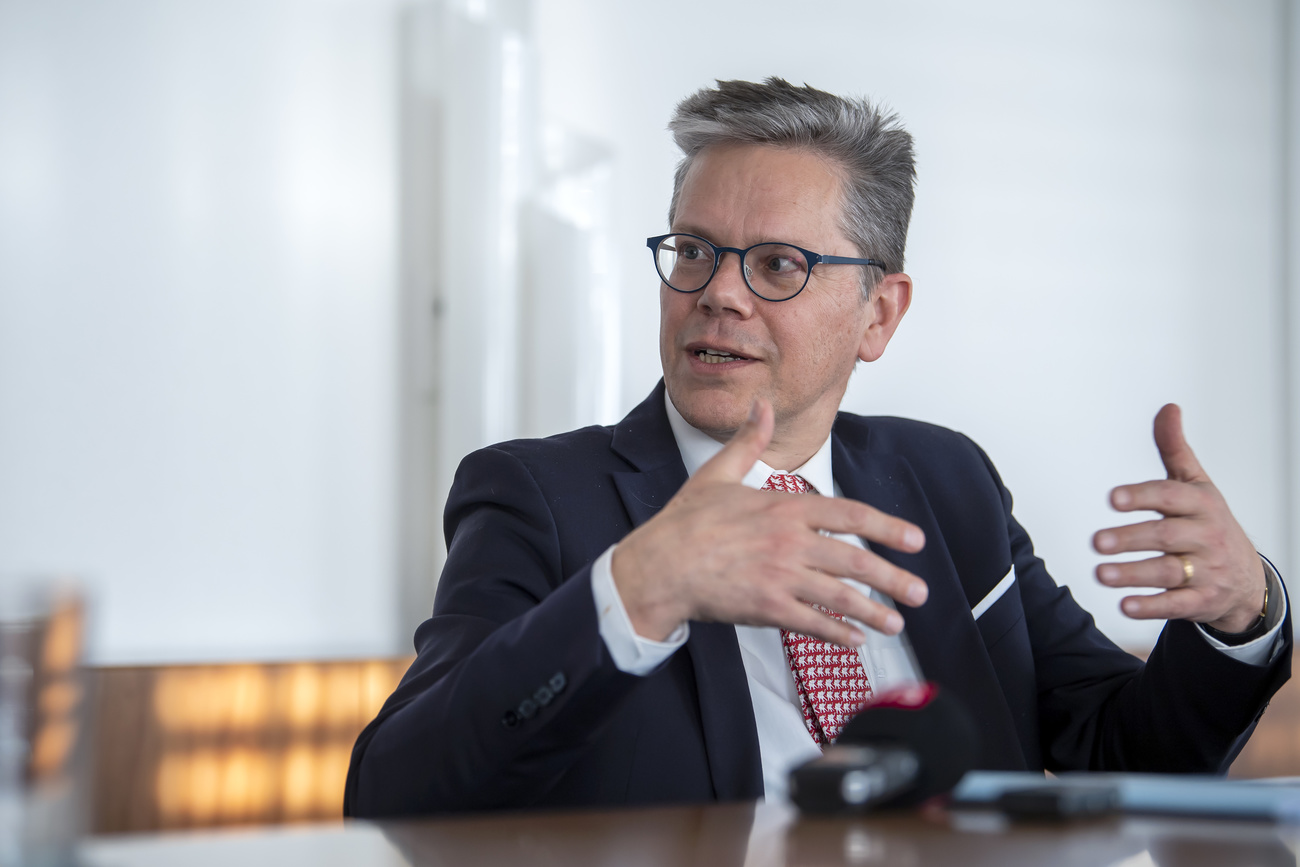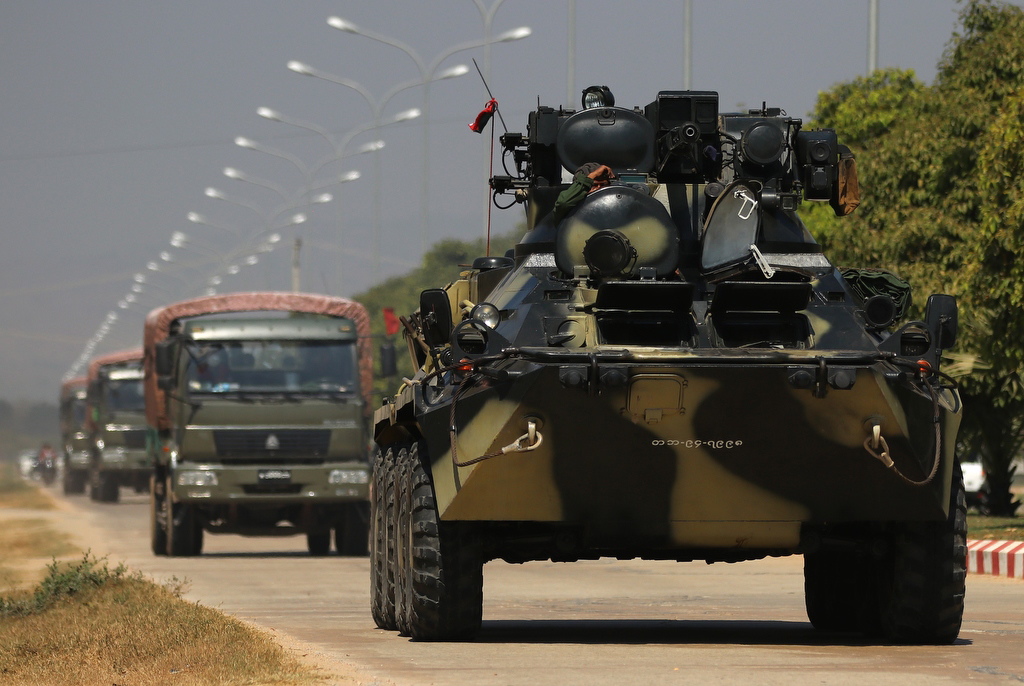UN credentials: Who represents a country after a coup?

The United Nations recently postponed a review of Sudan’s human rights record amid a row over who should be its ambassador in Geneva after last October’s coup. This is not the first time the UN has been confronted with tussles over official representatives’ credentials after a military coup or violent takeover in a member country.
On February 1, the president of the UN Human Rights Council, Federico Villegas, announced that Sudan’s scheduled Universal Periodic Review (UPR), due to take place the following day, was being postponed because more clarity was needed on who should be the government’s ambassador in Geneva.
Every member country of the UN is subject to a UPR, usually every four years. The review is conducted by a group of other member states and involves consultations not only with human rights groups and civil society but also the government. It usually results in recommendations for improvement.
Villegas said he had been informed by UN headquarters in New York that Sudan’s new foreign minister was appointing a new chargé d’affaires at the Sudan mission in Geneva, Osman Mohammed. But the sitting head of mission, Ali Mahmoud, wrote to Villegas saying he was still the legitimate representative of Sudan.
Grey area
Similar situations have arisen in recent months with Myanmar and Afghanistan after violent changes of government there, but Sudan’s situation seems to be even more of a grey area for the UN. The Sudanese military staged a coupExternal link in October, putting an end at least for the moment to hopes of democracy after a popular uprising ousted long-time dictator Omar Al Bashir in 2019.
The coup was condemned by the international community. The UN Human Rights Council passed a resolutionExternal link in which it “condemned in the strongest possible terms the military takeover on 25 October 2021 in Sudan and requested the High Commissioner for Human Rights to designate without delay an Expert on Human Rights in Sudan to monitor the developing human rights situation until the restoration of its civilian-led government”.
However, unlike in Myanmar and Afghanistan, Sudan’s head of state, General Al-Burhan, did not change after the coup, as the military had been part of a transitional government along with civilians. According to the Sudan TribuneExternal link online newspaper, the row in Geneva was over the UN’s continued accreditation of one of 12 ambassadors “sacked” by military leader Al-Burhan for protesting against the coup.
After consulting the UN Office of Legal Affairs in New York, the UN in Geneva announced that Sudan’s UPR was to go ahead on February 9External link, with the Sudan delegation led (virtually) by Howaida Ali, acting Under Secretary of the Ministry of Justice. It is usual for countries to send a delegation to defend their human rights record and answer questions during the UPR.
At the start of the session in Geneva, Human Rights Council president Villegas said the the legal affairs office had confirmed that Osman Mohammed had been appointed head of Sudan’s mission in Geneva, replacing Ali Mahmoud. The reasoning, according to informed sources in Geneva, is that the head of state did not change after the coup, Al-Burhan appointed a new foreign minister, who has diplomatic recognition, and the minister named a new head of mission in Geneva, who was already the number two there.
Perhaps the UN did not have much choice in this case, but some Western diplomats may be disappointed that it caved in so quickly. Speaking at the Sudan UPRExternal link session, Britain’s Ambassador to the UN in Geneva Simon Manley paid tribute to Ali Mahmoud’s “passionate advocacy on behalf of the democratic aspirations of the Sudanese people” and reiterated strong condemnation for the coup.
Myanmar and Afghanistan
After the coup in Myanmar in early February 2021, there have been rival claims for that country’s seat at the UN General Assembly in New York. The military wanted to install a new ambassador, but civil society groups and some member states have been lobbying for the UN to retain U Kyaw Moe Tun, the ambassador of the former democratically elected government. The UN does not recognise the military government in Myanmar.
With the military regime and a rival government in exile both claiming to be the legitimate one, a UN seat is a top prizeExternal link, as it offers the chance to address the General Assembly. According to ReutersExternal link news agency, neither of the rival Myanmar representatives spoke at the last General Assembly in September, following a deal between China, Russia and the United States “where Moscow and Beijing will not object to Kyaw Moe Tun remaining in Myanmar’s UN seat for the moment as long as he does not speak during the high-level meeting”.
Competing claims have also been made on the seat for AfghanistanExternal link after the Taliban seized power there in August 2021. The cases of Myanmar and Afghanistan at the UN in New York remain in the hands of a nine-member UN credentials committee.
Back in Geneva, Afghanistan’s accredited UN representative is still Nasir Ahmad Andisha, appointed by the former government. With the Taliban keen to win international support, especially in the face of a humanitarian disaster in the country, they may be content to let him stay for the moment.

More
Switzerland outlines humanitarian expectations to Taliban

In compliance with the JTI standards
More: SWI swissinfo.ch certified by the Journalism Trust Initiative













You can find an overview of ongoing debates with our journalists here . Please join us!
If you want to start a conversation about a topic raised in this article or want to report factual errors, email us at english@swissinfo.ch.